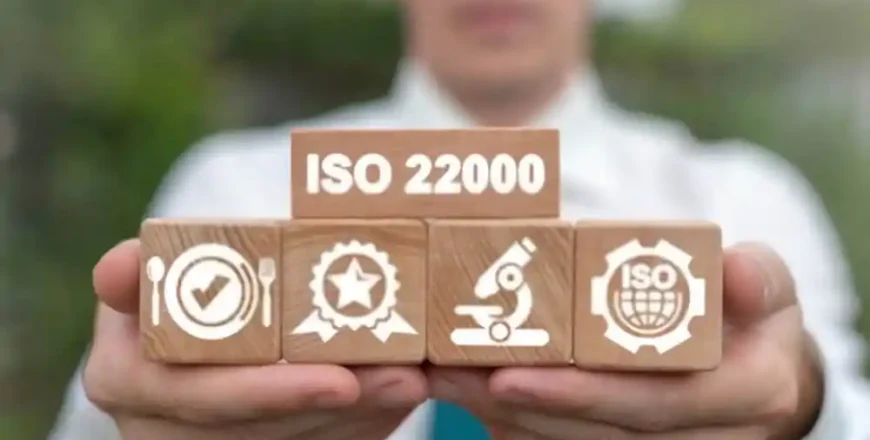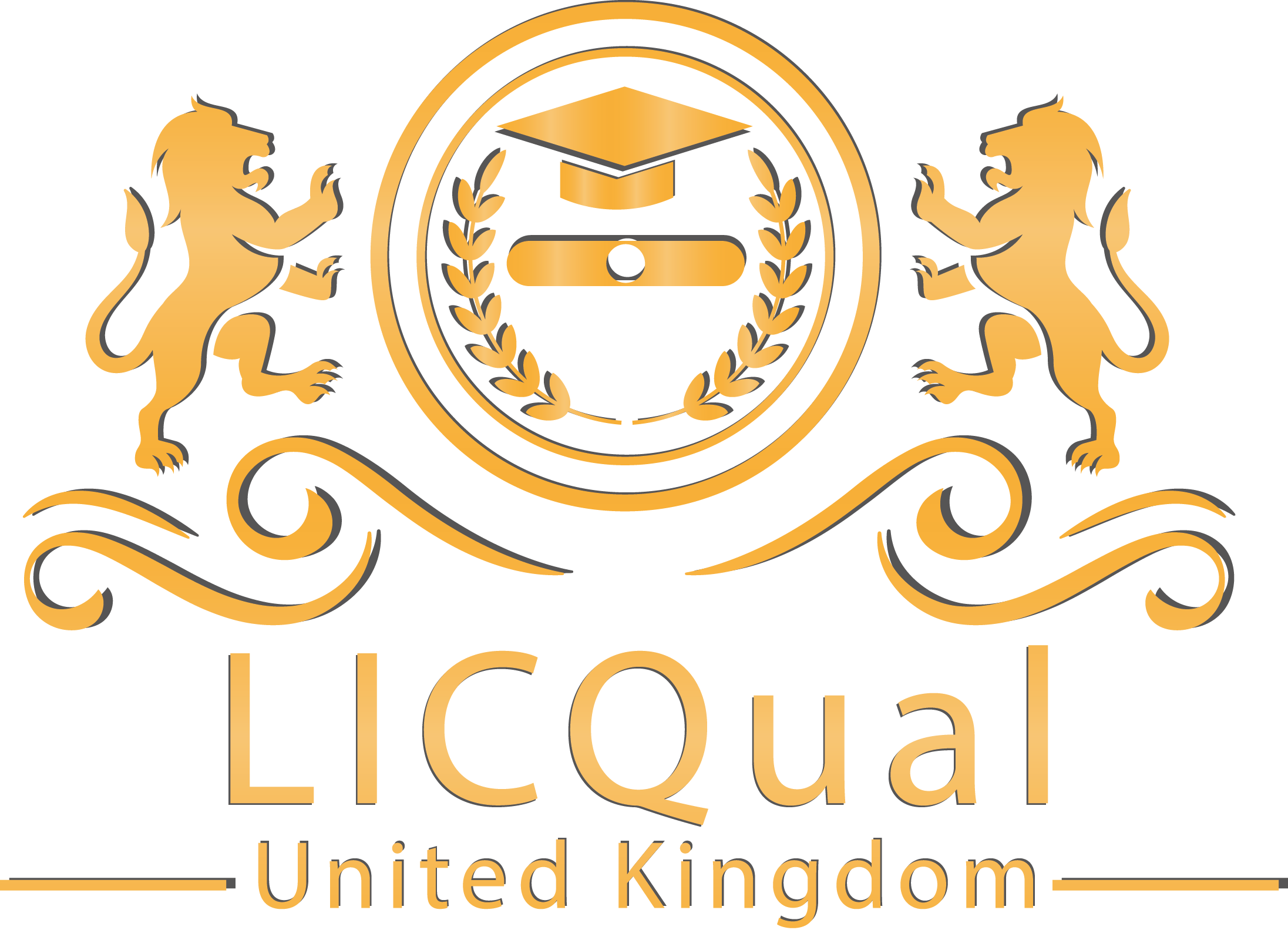ISO 22000 Food Safety Management System Internal Auditor

In the food industry, ensuring safety and quality is paramount to protect consumers and uphold the reputation of businesses. ISO 22000, an internationally recognized standard for Food Safety Management Systems (FSMS), provides a framework for organizations to identify and control food safety hazards. Within this framework, Internal Auditors play a crucial role in ensuring compliance and effectiveness of FSMS.
Course Introduction:
The ISO 22000 Food Safety Management System Internal Auditor course is meticulously designed to equip professionals with the knowledge and skills necessary for auditing food safety management systems effectively. Aligned with ISO standards, this course offers a structured approach to understanding food safety principles, auditing techniques, and compliance requirements.
Course Benefits:
- Comprehensive Understanding: Participants gain profound insights into ISO 22000 standards, enabling them to interpret and implement food safety practices effectively within their organizations.
- Enhanced Auditing Skills: The course hones participants’ auditing skills, empowering them to conduct thorough assessments of food safety management systems.
- Risk Mitigation: By mastering ISO 22000 standards, professionals can proactively identify and mitigate food safety hazards, ensuring the safety and quality of food products.
- Regulatory Compliance: Completion of the course ensures organizations remain compliant with food safety regulations and standards, reducing legal and financial risks.
- Consumer Trust: Internal Auditors contribute to fostering consumer trust by ensuring the safety and quality of food products through effective auditing of FSMS.
Course Study Units:
The curriculum is divided into comprehensive study units, each focusing on specific aspects essential for mastering ISO 22000 Food Safety Management System Internal Auditing. These units typically include:
- Introduction to ISO 22000: Understanding the fundamentals of ISO 22000 standards, its scope, objectives, and the benefits of implementing a food safety management system.
- Food Safety Hazards and Risks: Learning about different types of food safety hazards, including biological, chemical, and physical hazards, and strategies for risk assessment and mitigation.
- Prerequisite Programs: Exploring the importance of prerequisite programs such as Good Manufacturing Practices (GMP), Good Hygiene Practices (GHP), and Hazard Analysis and Critical Control Points (HACCP) in ensuring food safety.
- Operational Prerequisite Programs (OPRPs) and Critical Control Points (CCPs): Understanding the concept of OPRPs and CCPs and their role in controlling food safety hazards throughout the food production process.
- Internal Audit Techniques: Developing proficiency in auditing techniques, including planning, conducting, and reporting on internal audits of food safety management systems effectively.
- Documentation and Record-Keeping: Understanding the documentation requirements for FSMS and the importance of maintaining accurate records to demonstrate compliance with ISO 22000 standards.
- Communication and Stakeholder Engagement: Developing effective communication skills for conveying audit findings, recommendations, and reports to stakeholders at all levels of the organization.
Learning Outcomes:
Upon completing the ISO 22000 Food Safety Management System Internal Auditor course, participants can expect to achieve the following learning outcomes:
- Proficiency in ISO 22000 Standards: Participants gain a comprehensive understanding of ISO 22000 standards, including its requirements, clauses, and implementation guidelines.
- Auditing Competence: Mastery of auditing techniques enables participants to plan, conduct, and report on internal audits of food safety management systems effectively, identifying areas for improvement and ensuring compliance.
- Food Safety Skills: Participants develop practical skills for identifying, assessing, and mitigating food safety hazards, contributing to the production of safe and high-quality food products.
- Regulatory Compliance: Participants acquire the knowledge and skills necessary to ensure organizational compliance with ISO 22000 standards and relevant food safety regulations.
- Communication and Collaboration: Enhanced communication skills enable participants to effectively communicate audit findings, recommendations, and reports to stakeholders and collaborate with them to implement food safety measures.
- Continuous Improvement: Participants learn to identify opportunities for improving food safety processes and contribute to the continuous enhancement of organizational performance and compliance with food safety standards.
Who Is This Course For?
The ISO 22000 Food Safety Management System Internal Auditor course is designed for a wide range of professionals, including:
- Food Safety Managers: Seeking to enhance their auditing skills and ensure compliance with ISO 22000 standards within their organizations.
- Internal Auditors: Looking to specialize in food safety auditing and contribute to enhancing the safety and quality of food products.
- Quality Assurance Professionals: Responsible for implementing and maintaining FSMS and ensuring the safety and quality of food products.
- Compliance Officers: Responsible for ensuring organizational compliance with food safety regulations and standards.
- Consultants and Advisors: Providing expertise and guidance to organizations on food safety practices and compliance with ISO 22000 standards.
Future Progression for This Course:
Completion of the ISO 22000 Food Safety Management System Internal Auditor course opens up numerous future progression opportunities for participants. These may include:
- Advanced Auditing Certifications: Pursuing advanced certifications such as Lead Auditor or Food Safety Management System Auditor offers avenues for career advancement and specialization in food safety auditing.
- Specialized Training: Participants can opt for specialized training in areas such as food microbiology, food safety regulations, or food defense to further augment their skill set.
- Higher Education: Some participants may choose to pursue higher education, such as a Master’s degree in Food Safety or Food Science, to deepen their knowledge and expertise in food safety principles and practices.
- Consulting and Advisory Roles: Equipped with auditing expertise, participants may transition into consulting or advisory roles, offering their services to food businesses seeking guidance on food safety strategies and compliance with ISO 22000 standards.
- Organizational Leadership: Mastery of ISO 22000 standards and food safety principles positions participants for leadership roles within their organizations, such as Food Safety Directors or Quality Assurance Managers, overseeing food safety initiatives and ensuring compliance with food safety standards.
ISO 22000 Food Safety Management System Internal Auditor course offers a comprehensive pathway for professionals seeking to enhance their auditing skills, ensure compliance with ISO 22000 standards, and contribute to the safety and quality of food products. With its structured curriculum, practical training, and promising future prospects, this course stands as an essential investment for individuals aspiring to uphold the highest standards of food safety within their organizations and the broader food industry.




